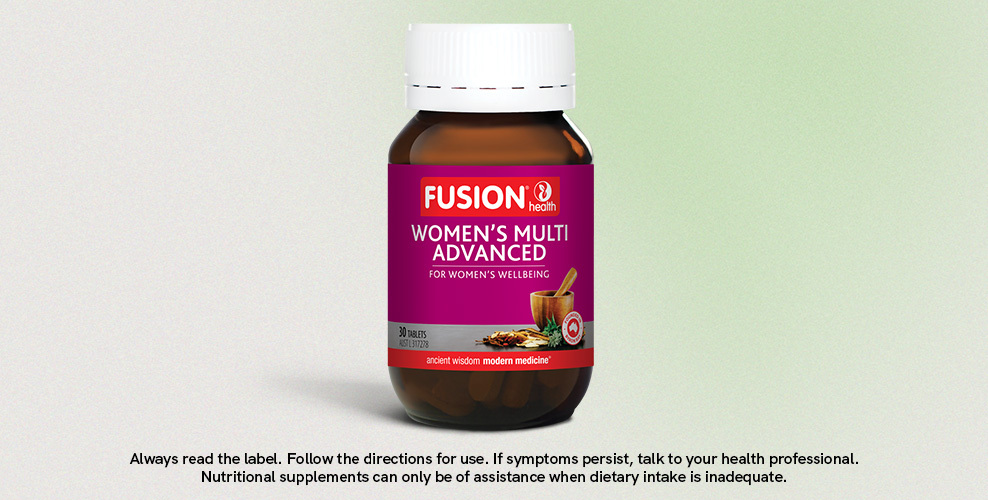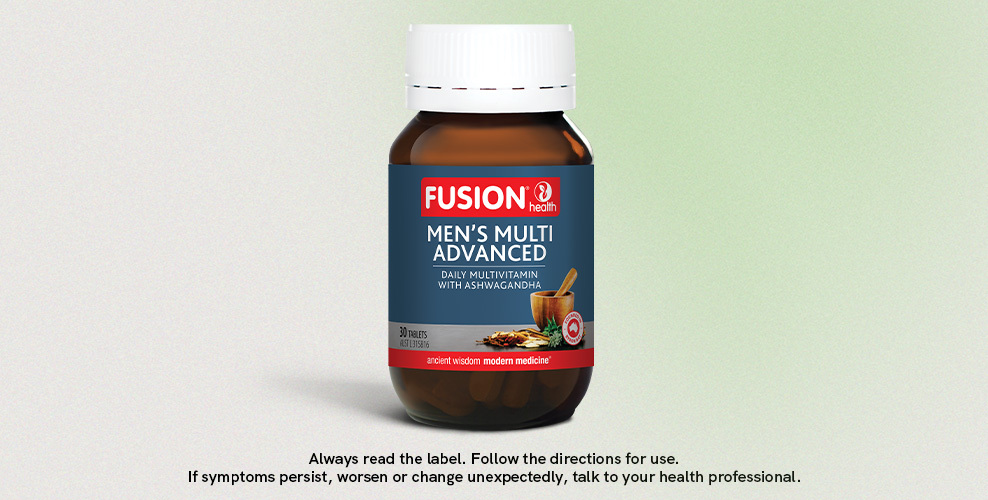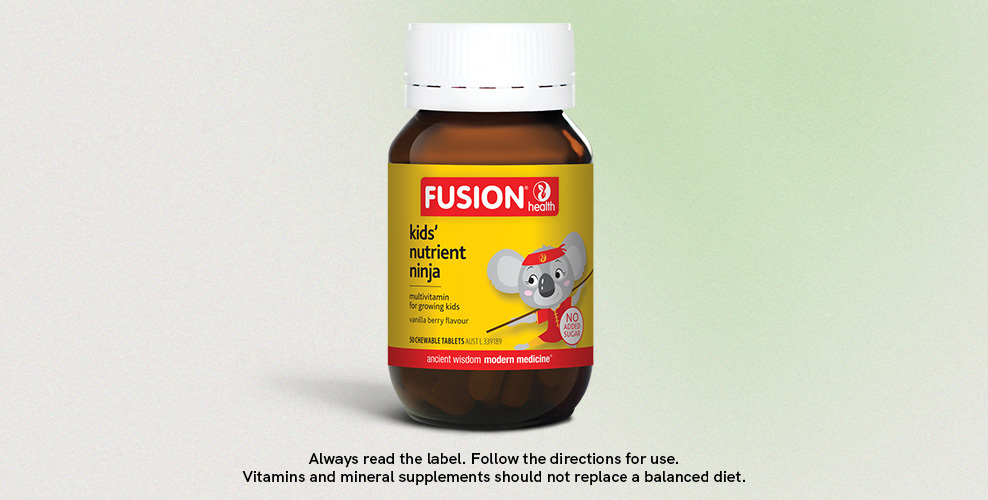What’s the difference between men’s, women’s and kid’s multivitamins?
Quick overview
- Men, women and children have different nutritional needs. When looking for a women’s multi, make sure it has vitamin B5 to support a healthy stress response
- A men’s multi should include zinc for immune, skin and reproductive health
- Kids’ multivitamins are best if they contain iodine for normal, healthy growth and development

Do men and women need different multivitamins?
Why are men and women multivitamins different? It stands to reason that men, women and children have different nutritional needs. After all, our bodies are different, and our diets and lifestyles tend to be too. So, when it comes to shopping for multivitamins for the whole family, there are different issues you need to take into account when deciding which formula to choose. Here are some of the most important.

Different types of multivitamins for women who feel run off their feet
While both men and women lead busy lives, research from the Australian Bureau of Statistics (ABS) shows that women are particularly prone to feeling that they’re constantly short of time[1] – especially if they’re juggling parenthood with full- or part-time work.
Although many women treat it as normal, that never-ending feeling of being stretched too thin is a form of stress that may affect your daily habits and lifestyle.
For example, women whose lives are busy or demanding are often prone to skipping meals and eating on the run – habits that may lead to missing out on some vitamins and minerals.[2] These eating patterns aren’t ideal when you’re under pressure, because stress may increase your requirements for some nutrients, which may further use up your vitamin and mineral stores.[3]
For that reason, the foundations of any women’s multivitamin and mineral formula should include B-group vitamins.[3]
Vitamins B5 is particularly important here, as it plays a vital role in helping support the body to respond to stress in a healthy way, while vitamins B3 and B6 support cognitive function.
Many Australian men are low in zinc
ABS dietary surveys indicate that many Australian men don’t obtain the recommended quantity of zinc from their daily diets, especially as they get older.[4]
Zinc is an important mineral to include in the diet, as it’s required for a vast number of physiological functions, including immune health, collagen formation, skin health and male reproductive health.[5] Ensuring there’s enough zinc in the diet even helps to maintain healthy hair.[6]
That makes zinc an essential inclusion in a men’s multivitamin and mineral formula.
Top tip: When shopping for a men's multi for yourself or a partner, look for a formula containing zinc glycinate, which is a form more readily absorbed by the body than some other forms of zinc (such as zinc sulfate).

Men's vs. women's multivitamins: different reproductive needs
For men, zinc is an important nutrient that’s required for healthy reproductive physiology and function, as well as prostate health.[7] Selenium is another vital mineral for men, as it helps with healthy sperm production.[8]
Can a woman take a men's multivitamin? Women need more iron than men
Many Australian women don’t get enough iron in their diets, according to the ABS.[1] This is important, as women need more iron than men.[9]
Women who are menstruating may also need more iron in the days after their period. Iron is important for maintaining healthy blood production and supports energy production in the body.[9]
Top tip: Iron glycinate (also known as iron (II) glycinate), is more readily absorbed than some other forms of iron, like iron sulfate. So, look out for a women's multi that contains this form of iron.

Children have specific nutritional needs
A healthy, balanced diet including plenty of fresh fruit and vegetables is vital for supporting the healthy growth and development of children. Key nutrients such as iodine, iron and vitamins A, D3 and K2 are important for growing children.
Iodine is a trace mineral involved in supporting normal, healthy growth and development. It can be found in seafood, seaweed, fortified commercial bread and salt as well as some vegetables. However, the amount of iodine in some Australian soils is considered iodine deficient.[10]
Iron is another important mineral for children. It supports healthy cognitive development in children. Foods rich in the well-absorbed haem form of iron include meat and eggs, while green leafy vegetables such as spinach contain high amounts of the non-haem form of iron, which is harder for the body to absorb.
Vitamins A and D help with the all-important bone building and supporting healthy teeth in children aged between 2 and 12 years old.
Top tip: When searching for a multivitamin for the kids, look out for one that contains a broad array of nutritionals including vitamins, minerals, bioflavonoids and lutein as well as having no added sugar or artificial colours, flavours or sweeteners.
Are all multivitamins the same and which multivitamin is suitable for you?
- Men's Multi Advanced: to help support men’s health and wellbeing. With zinc and ashwagandha
- Women's Multi Advanced: to support women’s health. With B vitamins, vitamin C and iron with antioxidants, botanical extracts and green tea
- Kids' Nutrient Ninja: A great-tasting multivitamin for growing children with delicious vanilla-berry flavour and no added sugar
Always read the label and follow the directions for use.
References
- Australian Bureau of Statistics. General Social Survey: Summary Results, Australia, 2020. Accessed 20 Jan 2022, abs.gov.au/ausstats/[email protected]/mf/4159.0
- Pendergast F, et al. Nutr J. 2019;18(1):24.
- Singh K, et al. J Nutr Food Sci 2016;6:4.
- Australian Bureau of Statistics, Food Standards Australia New Zealand. Australian health survey: usual nutrient intakes 2011-12. Commonwealth of Australia, 2015.
- Ho E. Zinc. Linus Pauling Institute 2019. Accessed 20 Jan 2022, lpi.oregonstate.edu/mic/minerals/zinc
- Park H, et al. Ann Dermatol. 2009;21(2):142-146.
- Fallah A, et al. J Reprod Infertil 2018;19(2):69-81.
- Tsuji PA. Selenium. Linus Pauling Institute 2015. Viewed 20 Jan 2022, https://lpi.oregonstate.edu/mic/minerals/selenium
- Wessling-Resnick M. Linus Pauling Institute 2016. Viewed 20 Jan 2022, lpi.oregonstate.edu/mic/minerals/iron
- Braun L, Cohen M. Herbs and natural supplements, vol 2, 4th ed. Sydney: Churchill Livingstone, 2014.



















